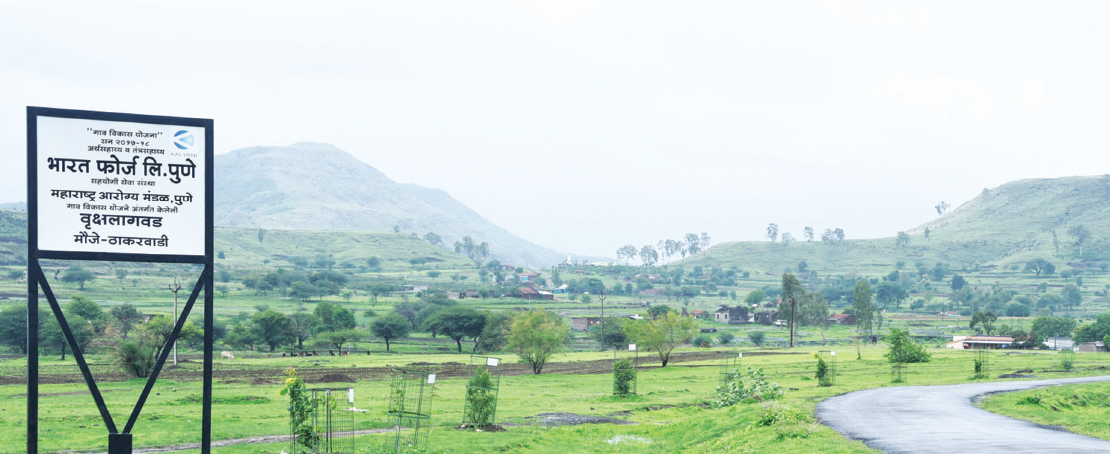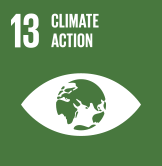The need for climate change mitigation has never been greater than now. We have aligned ourselves with the UN Sustainability Development Goals to make our operations more sustainable. Our actions are contributing to a better world, protecting natural capital, and they are also making our manufacturing more resource-efficient and resilient.
Curbing water consumption is one of the fundamental aspects of sustainability and we have done much in this regard. Our wastewater treatment plant has been upgraded to ensure efficient treatment of wastewater. The recycled water is used for various industrial processes and maintenance of facilities. This has helped us achieve zero wastewater discharge. Further, measures like improving Furnace RC fan cooling water re-circulation system, re-circulating water used in cooling drop-outs have been carried out. We have also installed a sprinkler system for gardening purposes at our locations to ensure optimal use of water.
These actions have led to a reduction in water consumption from 2.84 KL / MT of production in FY 2010 to 2.25 KL / MT in FY 2020.
Under our Jalyukt Shivar water storage CSR program, we have undertaken projects for collecting rainwater and storing it for use by the surrounding villages. Seven such projects are being executed, with a total of 463 Trillion cubic liters of water storage capacity.

Tree plantation at Taluka - Purandar, District - Pune.
All our factories are installed with effluent treatment plants (ETPs). It is also proposed that the treated waste sludge at these ETPs be recycled and used as lubricant in the forging process, further minimizing the disposal of waste effluent sludge and creating value from waste. We will see significant benefits from this initiative in the coming years.
Our initiatives have helped to sharply reduce the generation and disposal of hazardous material from 447,190 MT in FY 2019 to 247,950 MT in FY 2020.
We have installed Value Energy Stream Mapping as an effective lean manufacturing tool to identify and reduce wastage of energy. We have also substituted traditional lighting with energy-efficient LEDs across all plants and plugging energy loopholes wherever possible. We have implemented Energy Management Programs (EMPs) to provide better insights into electricity consumption by use of variable frequency drive and other technical upgrades to reduce it.


Reducing carbon footprint is an important focus area for us. Towards this, we have replaced the heat treatment process with the control cooled process, ensuring lower CO2 emissions and converting 100% of oil-fired furnaces to cleaner piped natural gas (PNG) furnaces. These process improvement initiatives have drastically reduced CO2 emissions from 124,830 MT in FY 2019 to 67,898 MT in FY 2020.
Transitioning to renewable energy in our operations, we have installed wind turbines generating 24.48 MW of power and 100 KWp solar panels (generating 150,000 units of power). This has reduced annual CO2 emission by 45,462 MT and 117 MT respectively. Our Mundhwa and Baramati plants have installed online ambient air monitoring system to measure, control, and monitor the air quality surrounding these plants.
We are continuously undertaking innovations to make our products more resource-efficient. Two such innovations of light-weighting crankshaft and front axle beam have resulted in weight reduction of 9% and 9.5%, respectively, without affecting their performance characteristics. For shipping of goods, we have replaced wooden boxes with metal pallets and packaging boxes that can be recycled and reused.
We undertake tree plantation drives across all our factories as well as in the neighboring villages, schools, and barren government land. During the year, we have planted 27,885 trees as compared to 17,500 trees in FY 2019.